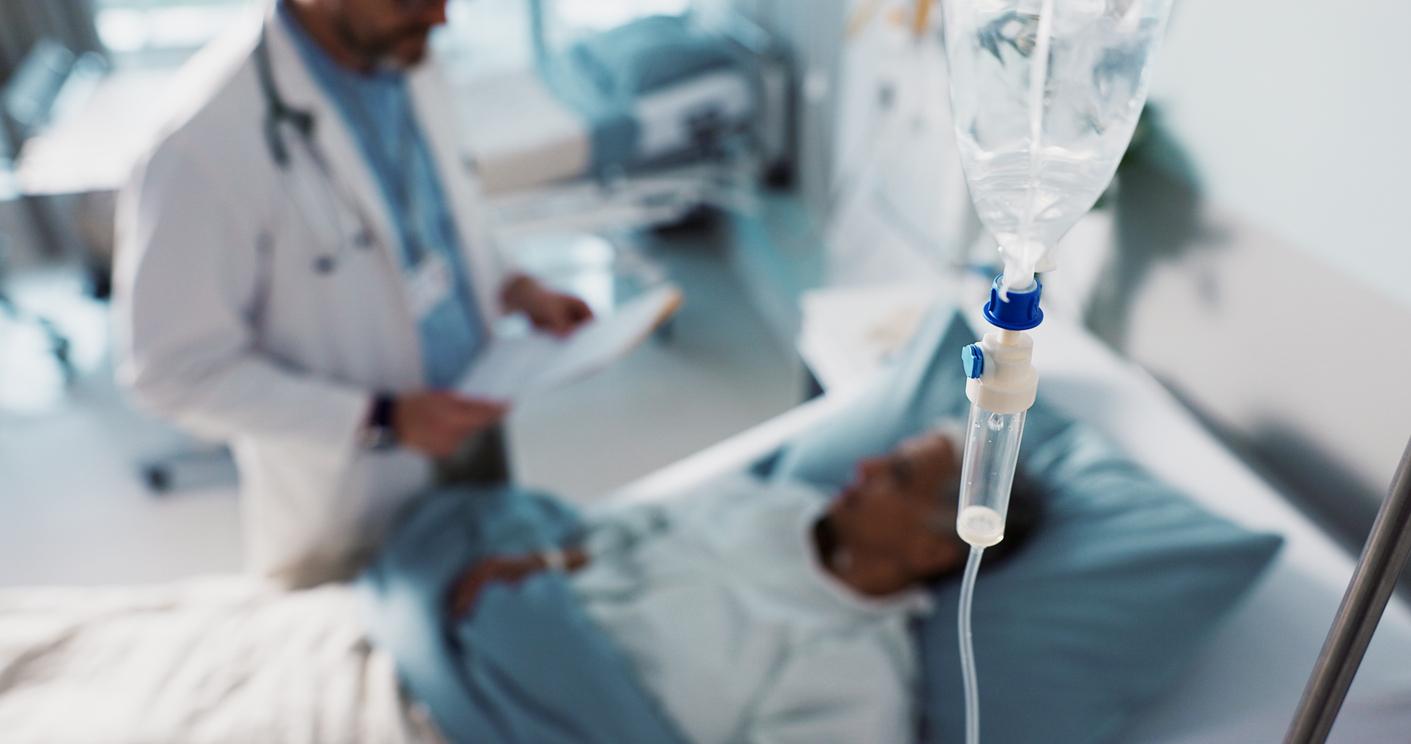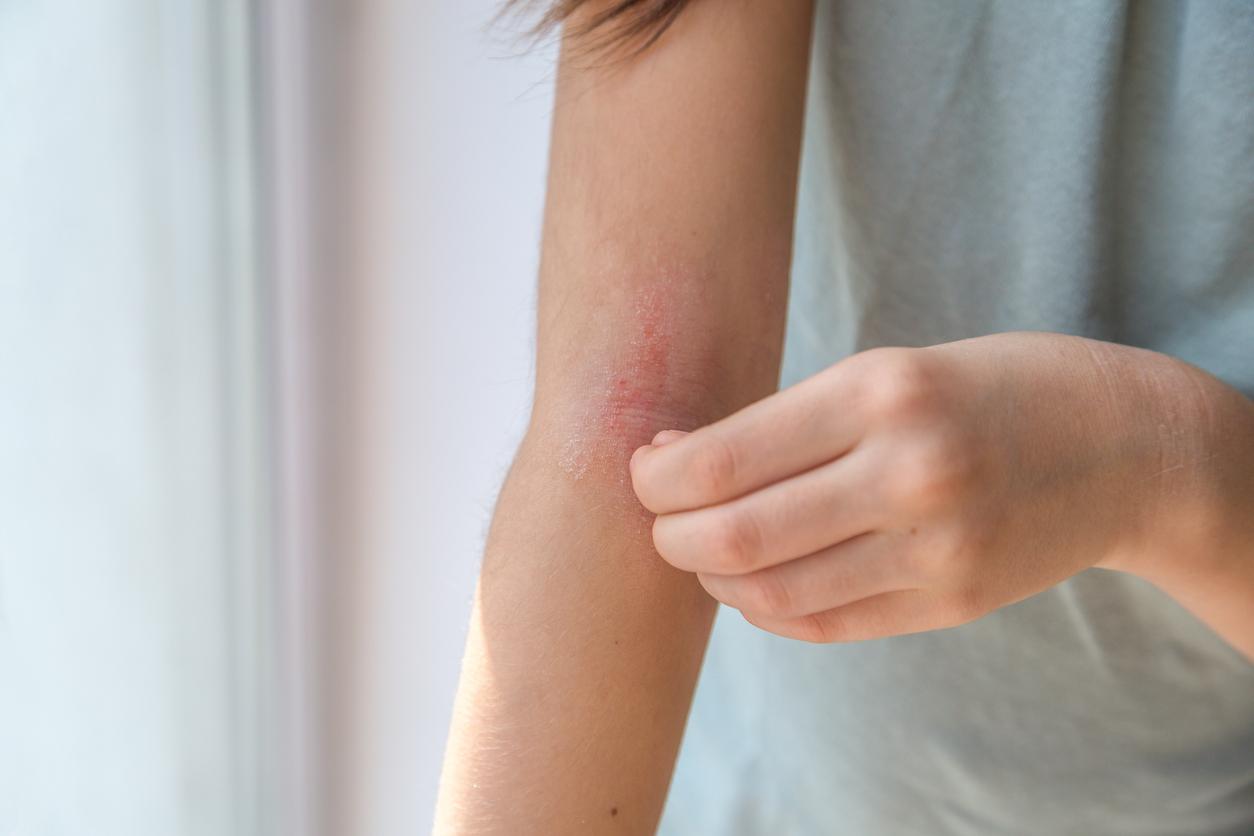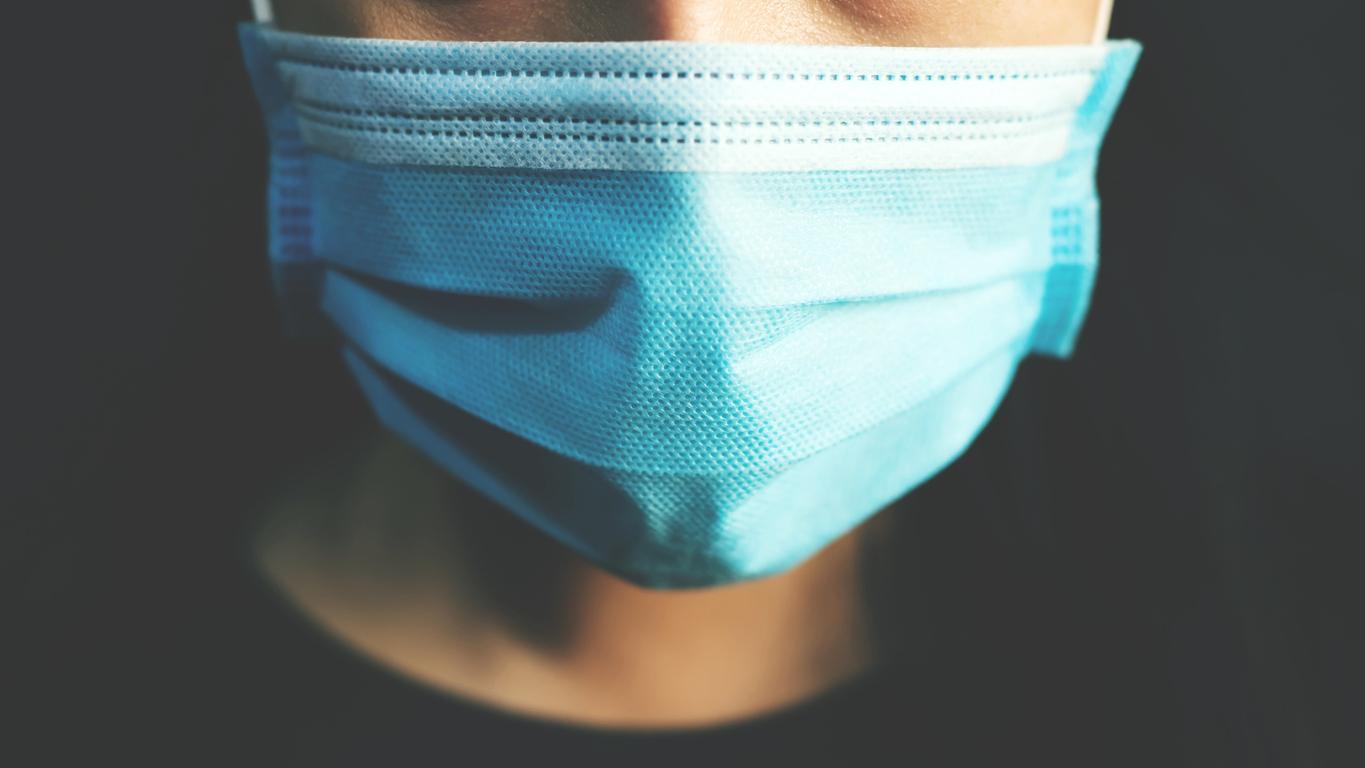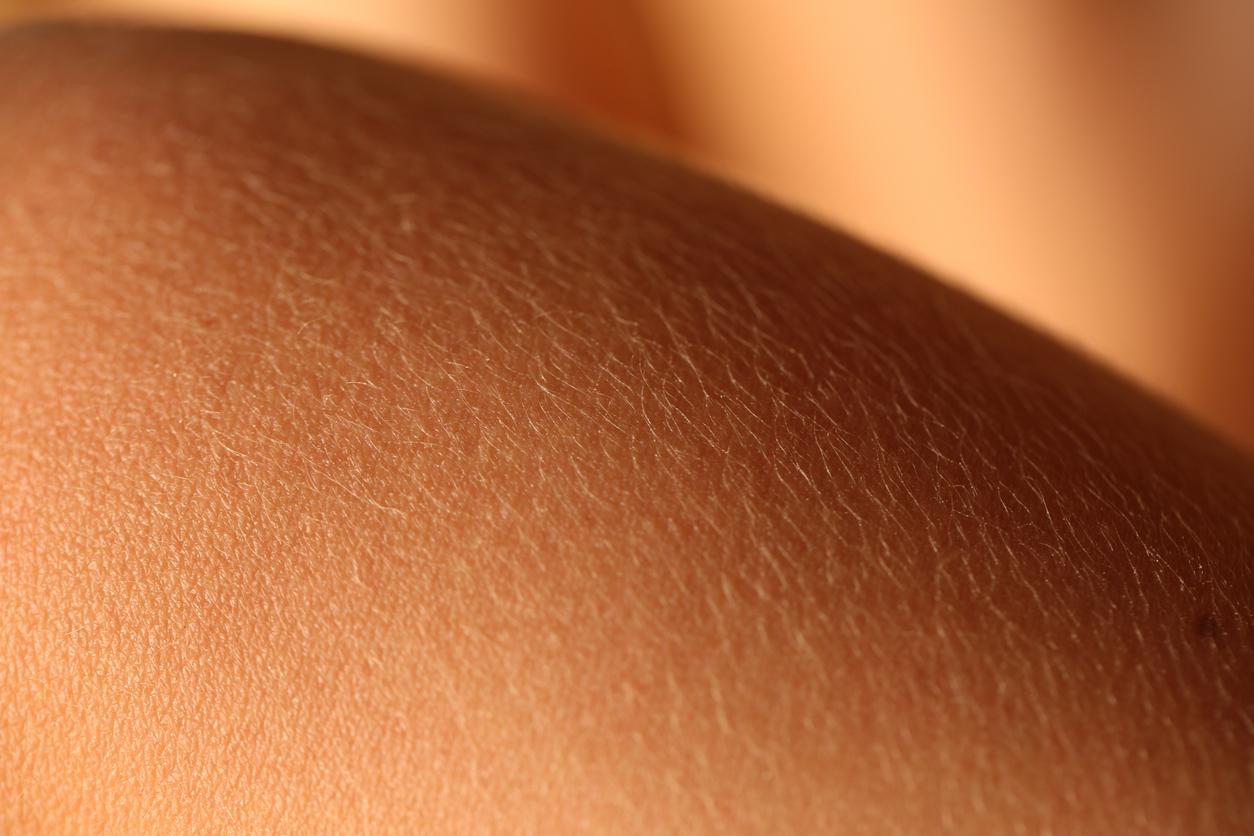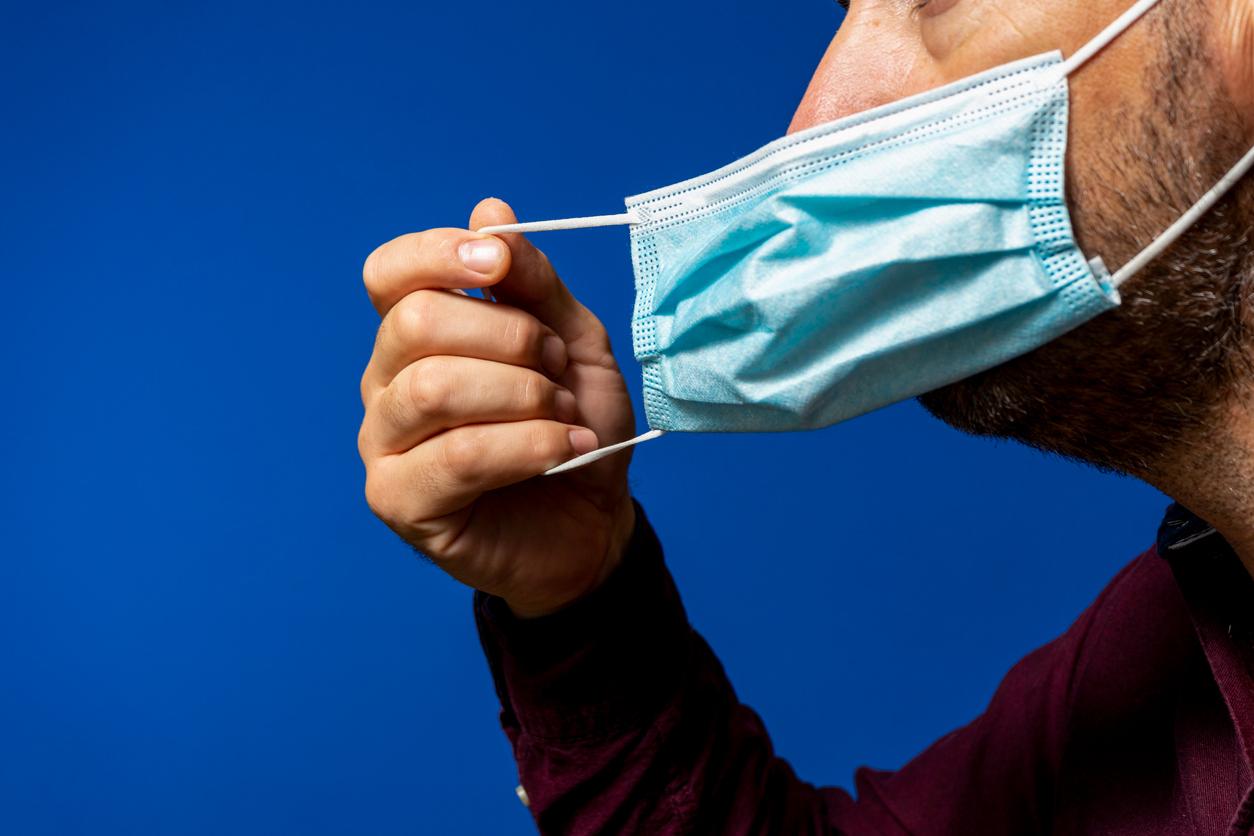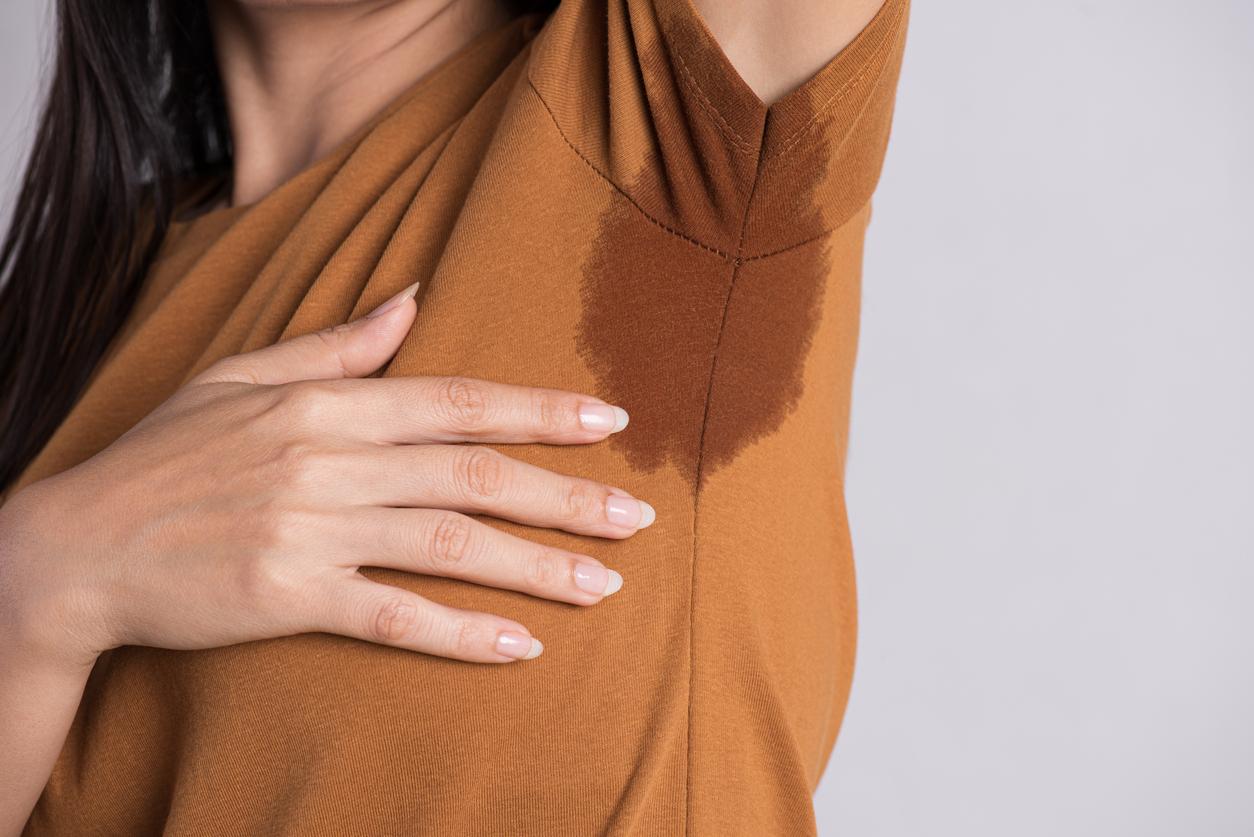Although it is not compulsory in public space in France, the mask is present on many faces. A protective object against Covid-19, but which is not without causing some skin problems in some. Explanations and advice from dermatologist Catherine Oliveres-Ghouti.
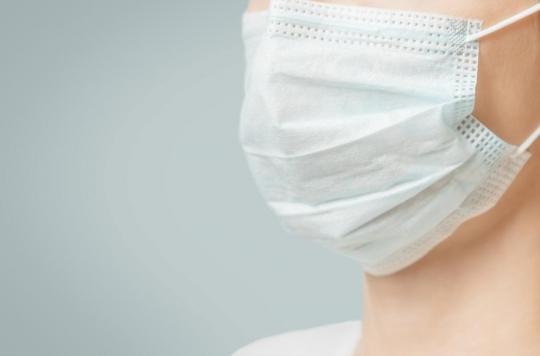
Dermatologist in Paris, Catherine Oliveres-Ghouti resumed her consultations on May 11. She receives her patients with a gown, gloves and a visor, which she swaps for a mask when she has to examine them. They always come masked. A new use that is part of the daily life of the French, but which is far from harmless for the skin.
Why doctor: How to wear your mask?
Catherine Oliveres-Ghouti: Above all, it is important to explain how to put on a mask: half of the people who come to see me for consultation wear it upside down. When it comes to a surgical mask, the small aluminum bar should be pinched at the nose and the blue side should be on the outside. Likewise, there’s no point in hiding if it’s so that your nose sticks out. As a reminder, you must wash your hands when you get home, then again after removing your mask. Finally, once removed, it must be thrown in the garbage can.
Which mask should be preferred?
First, we must distinguish between fabric masks and disposable surgical masks. Some also buy them in a DIY store, but those found there are not at all suitable for protection against the virus. Then, they are very rigid, and can therefore irritate the skin. It is better to choose a fabric mask because it is much less irritating than the surgical mask, made of polypropylene, a chemical.
In addition, the fabric mask is washable, and, contrary to popular belief, does not require launching a washing machine every day. Simply hang it by the rubber bands on a wooden stick above a pot of boiling water and stay like that for two minutes.
Can you develop an allergic reaction to the mask?
Yes, and you have to be very careful. When you are allergic to latex, it is better to favor a mask that attaches with a ribbon rather than an elastic band, in order to avoid developing eczema, and, in the worst case, anaphylactic shock. . In general, by being the source of a sort of closed circuit, the mask can cause an allergic reaction which manifests itself in eczema. This comes from the steam that escapes when you breathe and sweat: it deposits toxic substances that are in the mask on the skin.
Thus, it is advisable to opt not only for a fabric mask, but also in a light color. Because, without knowing it, some may be allergic to paraphenylenediamine, a substance found in hair dye and henna, as well as in dark fabrics, such as jeans and black t-shirts. In the same way, you should not put a coffee filter or paper towel inside your mask, as some do with the idea of increasing protection. For example, when white, coffee filters are treated with chlorine.
What skin problems can wearing a mask cause?
When you have oily skin, the fact that it is confined under a mask aggravates seborrhea, that is to say the excessive secretion of sebum. Indeed, the mask clogs the pores and promotes the outbreak of acne. We have also seen it with confinement and deconfinement, because of the form of stress they represent. This was the case of a patient who came to my practice this morning. She was stressed about going back to work, and had a big breakout of acne when she hadn’t had a single pimple since January.
In people who have thin and dry skin, we see outbreaks of redness with the wearing of the mask. For example, I have a patient who is developing rosacea, a disease that affects the small blood vessels of the face. As with acne, it’s not just specific to the mask: stress also plays a role. Similarly, there are many flare-ups of eczema, especially among people who tend to have it in normal times. Finally, as caregivers wear a tight mask all day, they may develop redness in places of friction.
What are the actions to avoid and adopt to prevent the appearance of skin problems?
With confinement, the skin has sometimes become drier: some believe that applying rich cream will relieve them. However, this often aggravates the acne breakout because, under the mask, this type of product blocks the pores even more and can lead to the appearance of blackheads and pimples. Likewise, make-up should be avoided, in particular foundation, which is bound by a greasy film. It is also preferable to do without lipstick when wearing a mask.
Conversely, do not forget to cleanse your skin every morning and evening with a gentle product: a cleansing cream in the morning rather than a soap, and a micellar lotion in the evening. You have to think about putting on a much lighter moisturizer right now, because of the heat. Indeed, with the mask, the mixture of sweat and cream is really not pleasant, and, above all, clogs the pores.
.







